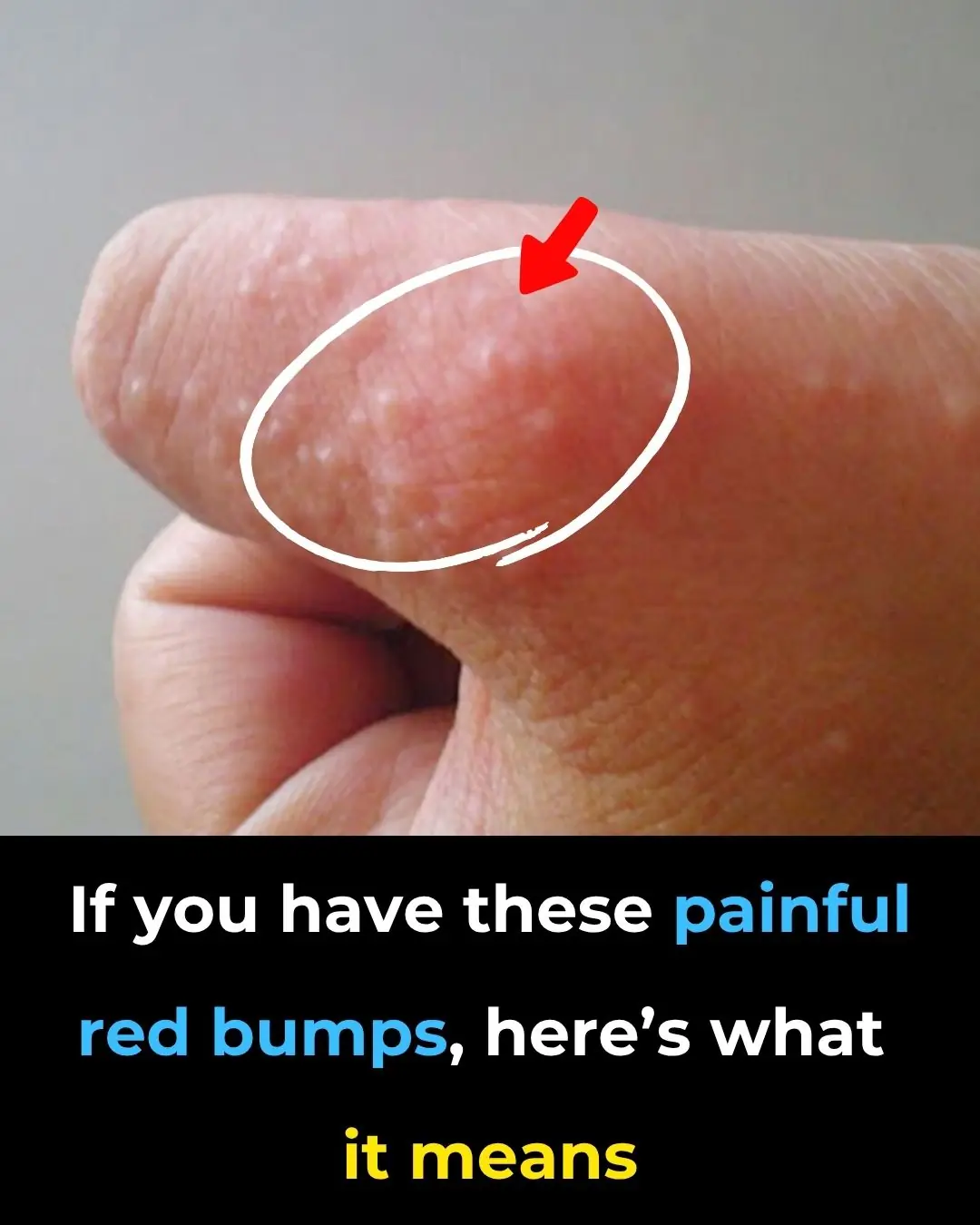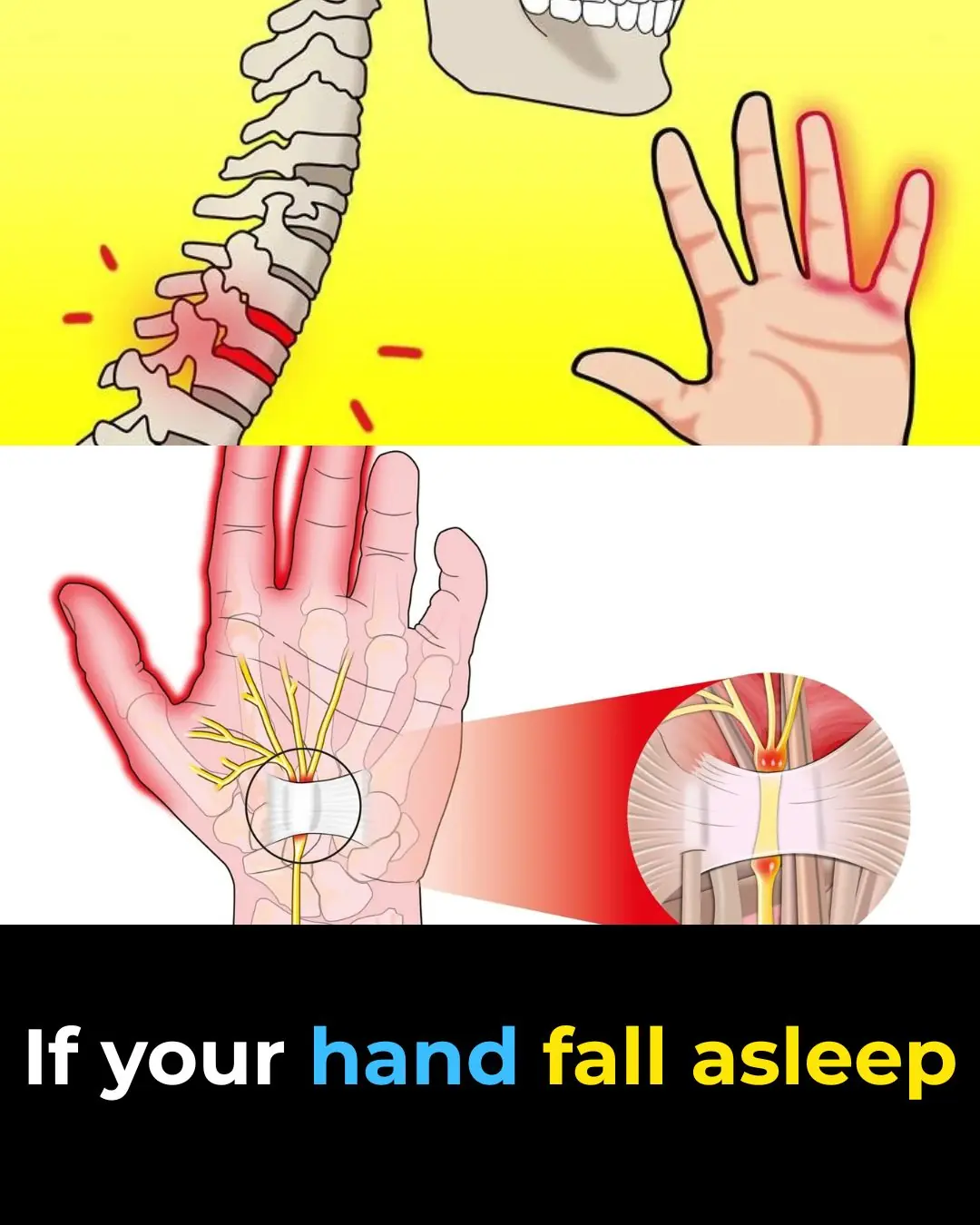
Facing Your Phobias While Lucid Dreaming May Reduce Real-Life Fears, Scientists Say
Fear is a natural part of human life. While it often helps us avoid danger, irrational fears or phobias can interfere with daily living. From fear of heights to fear of spiders, phobias can be deeply rooted and hard to overcome. Traditional methods like cognitive behavioral therapy and exposure therapy have been helpful for many, but scientists are now exploring a fascinating new approach: facing your fears in lucid dreams. According to recent studies, confronting phobias while lucid dreaming may significantly reduce real-life fear responses.
Lucid dreaming is the state in which a person becomes aware that they are dreaming and can often control the events within the dream. It’s a skill that can be learned through practice and has been used for creative problem solving, overcoming nightmares, and improving emotional resilience. Now, scientists suggest it could also be a powerful tool for phobia treatment.
Researchers from several universities in Europe and North America have conducted experiments to test this theory. In one study, participants who had frequent lucid dreams were asked to face their fears—such as flying, falling, or being chased—within their dreams. Some participants reported intentionally interacting with the feared object or situation in a controlled way, knowing that no real harm could come to them. Over time, these participants began to show lower levels of anxiety when exposed to similar fears in waking life.
One explanation for this phenomenon lies in how the brain processes fear. During REM (Rapid Eye Movement) sleep—the phase in which most dreaming occurs—the brain is highly active and emotional experiences are processed. Lucid dreaming, which happens during REM sleep, allows the dreamer to confront fears in a safe, simulated environment. Because the brain reacts to imagined experiences similarly to real ones, confronting fears in a lucid dream can have a real psychological effect, almost like a mental rehearsal for facing them in real life.
Another benefit of lucid dream exposure is that it puts the dreamer in control. In waking exposure therapy, people often feel overwhelmed or reluctant to face their phobia. In a lucid dream, however, the dreamer can choose how to interact with the fear and even change the dream if it becomes too intense. This sense of control reduces feelings of helplessness and may contribute to greater confidence when facing fears outside of the dream.
However, not everyone can experience lucid dreaming naturally, and achieving it regularly can take practice. Techniques such as keeping a dream journal, performing "reality checks" during the day, and setting intentions before sleep are known to improve the likelihood of becoming lucid in dreams. Some sleep researchers are even exploring the use of external stimulation—like flashing lights or soft sounds—to trigger lucidity during REM sleep.
Despite the promise, scientists caution that lucid dream therapy is not a replacement for professional mental health treatment, especially for people with severe anxiety disorders or trauma. Instead, it may serve as a complementary tool alongside traditional therapy methods. Early results are promising, and clinical trials are underway to explore its full potential.
In conclusion, lucid dreaming may offer a powerful and creative way to deal with real-life fears. By facing phobias in a dream environment, where there is no physical risk, individuals can train their minds to respond more calmly and confidently. While more research is needed, scientists are optimistic that lucid dreaming could become part of the future of anxiety and phobia treatment. For those willing to explore the world of their dreams, the path to overcoming fear may be just a good night's sleep away.
News in the same category


Cardiologists Say This Common Habit Is a Blood Clot Risk

‘Ghost Boy’ Wakes Up From Coma After Being Trapped For 12 Years—What He Heard the Whole Time Will Haunt You

What Staying Up Late Every Night Really Does to You—Massive 24,000 Person Study Reveals the Truth

Horrifying reality of what really happens to your body if you swallow too much gum

Red Spots on Skin: 13 Common Causes

Painful Red Bumps on Skin? It Might Be Dyshidrotic Eczema

How to Remove Dental Plaque Naturally (Evidence Based)

7 signs of cancer in the morning when waking up without knowing

Scientists Reveal: Fat Is Expelled Through Your Breath During Weight Loss. You Literally Breathe Out Fat

Scientists Have Found The ‘Off’ Switch For Anxiety Without Any Side Effects

How to Lower High Blood Pressure Quickly Without Medications (Evidence Based)

10 Surprising Benefits of Drinking Apple Cider Vinegar According to Science

Unlock Your Body's Healing Power: Just 9 Days of Less Sugar

Breakthrough male birth control pill just passed human safety testing

Medicinal Health Benefits of Garlic (Raw, Supplement) – Science Based

Warning Symptoms of Vitamin B12 Deficiency and How to Fix It

Tingling Sensation In Your Body: Why Does It Happen

High Blood Sugar Warning Signs
News Post

Health Food & Nutrition Beauty Aromatherapy Animals

A Waitress Shamed My Grandma for Leaving 'Too Small' a Tip – I Made Her Regret It in the Most Unexpected Way

My MIL Secretly Made a Duplicate Key to Our House — What She Did There While We Were Away Stunned Me

I Found Out My Brother Was Secretly Transferring Money to My Wife – When I Figured Out Why, I Went Pale

I Saw a Lost Child in the Airport — What He Had in His Backpack Made Me Gasp

I Got a Text from My Husband’s Number Weeks after He Died & When I Traced It, the Truth Shattered Me — Story of the Day

Millionaire Dresses as a Bum and Visits His Company on an Undercover Mission — Story of the Day

Cardiologists Say This Common Habit Is a Blood Clot Risk

Denmark is fighting Al. It just gave citizens copyright to their own face, voice, and body.

‘Ghost Boy’ Wakes Up From Coma After Being Trapped For 12 Years—What He Heard the Whole Time Will Haunt You

Scientists Just Linked Autism to Neanderthal DNA Found in Modern Humans

What Staying Up Late Every Night Really Does to You—Massive 24,000 Person Study Reveals the Truth

Woman paralyzed for 20 years reveals shocking impact of Elon Musk's Neuralink brain chip

Horrifying reality of what really happens to your body if you swallow too much gum

Red Spots on Skin: 13 Common Causes

Painful Red Bumps on Skin? It Might Be Dyshidrotic Eczema

First-Class Passenger Made Fun of Her Appearance—He Regretted It Moments Later

Exhausted Mom and Her Baby Fall Asleep on CEO’s Shoulder Mid-Flight — What Happens When She Wakes Up Leaves Her Speechless

Fingerprints are supposed to be unique.
